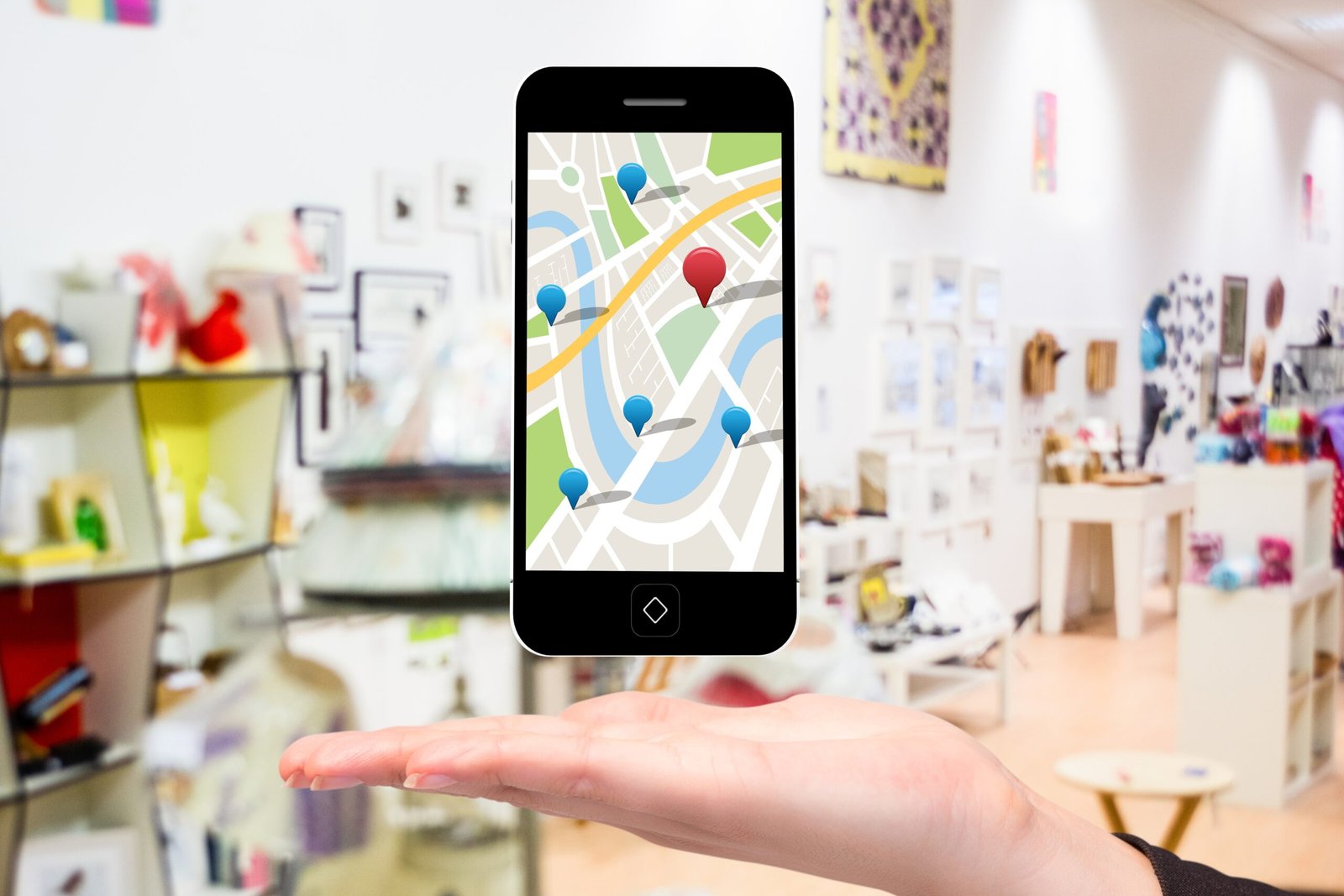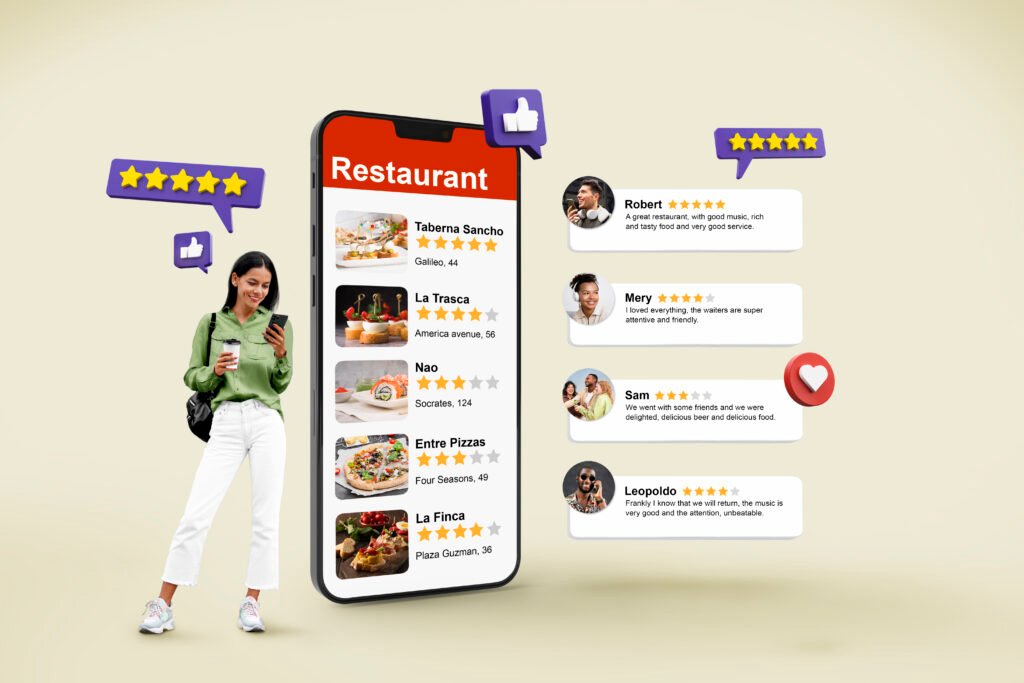
To rank in Google Maps is about being found when your customers are looking for you. If you are not showing up on Google Maps, you are invisible.
Think of your own behavior. The last time you searched for a doctor, a restaurant, or even a plumber, where did you go? Straight to Google Maps. You didn’t flip through a directory or ask ten friends. You just looked at the first three results on that little map, and you made a decision. That’s what your customers are doing too. And if your business isn’t there, someone else is getting the call that should have been yours.
Why Google Maps Is So Critical
Google Maps is not just about directions. It’s about trust. When people see your business listed on the map with reviews, photos, and accurate details, they feel safe choosing you.
I’ll give you a quick example. A café in Delhi started taking its Google profile seriously. They added fresh pictures, updated their timings, and asked customers to leave reviews. Within three months, they saw their daily footfall jump by 40%. Nothing else changed. Same coffee, same place. The only difference was that people found them on Maps.
That’s the power of local SEO.
How Do You Rank in Google Maps?
1. Fix Your Google Business Profile
This is the first step. Treat it like your digital storefront. Put in your correct name, phone number, address, website, and opening hours. Upload real photos. Not stock images but the real ones.
👉 Aqva Marketing’s tip: whatever you write here should match what you’ve written everywhere else, your website, your Facebook page, even your business cards. Google hates confusion.
2. Reviews Can Make or Break You

Good reviews push you up. Bad reviews push you down. And no reviews? That’s even worse. People trust reviews more than anything else online. Studies say 88% of customers trust reviews just like personal recommendations.
So ask for them. And don’t ignore them. A kind response to a bad review can win you more respect than ten good reviews.
3. Use Local Keywords the Right Way
Nobody is typing “marketing agency” into Google. They’re typing “digital marketing agency in Varanasi” or “best bakery near Assi Ghat.” That’s what you should be using on your website, your Google profile, and even your blog posts.
At Aqva Marketing, we’ve seen small businesses shoot up in rankings simply because they used the right local phrases that their competitors ignored.
4. Talk About Local Things
If you want to connect with locals, write about what they care. A gym posting “How to Train for the Varanasi Half Marathon” immediately looks relevant. A restaurant posting “Top Five Winter Snacks Loved in Delhi” makes people nod and share.
Google rewards this, but more importantly, your customers notice.
5. Get Yourself Listed Everywhere
The more places your business details appear online, the better. Sites like Justdial, Sulekha, or your local business association directory all count. These are called citations. Add a few backlinks from trusted local sites, and Google sees you as reliable.
It’s like reputation, built over time, little by little.
6. Keep Your Profile Alive
Don’t treat your Google profile like a form you fill once and forget. Update it. Add photos. Post about offers. Announce events. Businesses that look alive get more clicks. It’s as simple as that.
7. Mobile, Mobile, Mobile
Most people searching on Maps are standing somewhere with their phone in their hand. If your website doesn’t load fast, or if they can’t tap to call you, you’ve lost them. A mobile-friendly site is no longer optional.
8. Keep Checking What Works
SEO isn’t one-and-done. See what people are doing. Are they calling? Clicking directions? Visiting your website? At Aqva Marketing, we track this closely for clients and adjust what’s not working. That’s how you keep improving.
Beyond Ranking: It’s About Trust
Showing up on Google Maps is not only about rankings. It’s about showing people that you are trustworthy. Updated details, good reviews, fresh photos are small things that tell customers that you’re a business they can rely on.
That’s why local SEO is less about “beating the algorithm” and more about building trust. And that’s where we step in at Aqva Marketing. We help you not just rank but actually become the obvious choice in your area.
Final Word
How to rank in Google Maps is not complicated. But it does require attention. It requires consistency. And it requires someone to guide you when you don’t have the time to figure it all out yourself.
Because every day, your customers are searching. The only question is: will they find you or will they find your competitor first?
With the right local SEO strategy, you don’t just show up on the map you show up in your customer’s mind as the business they trust.
